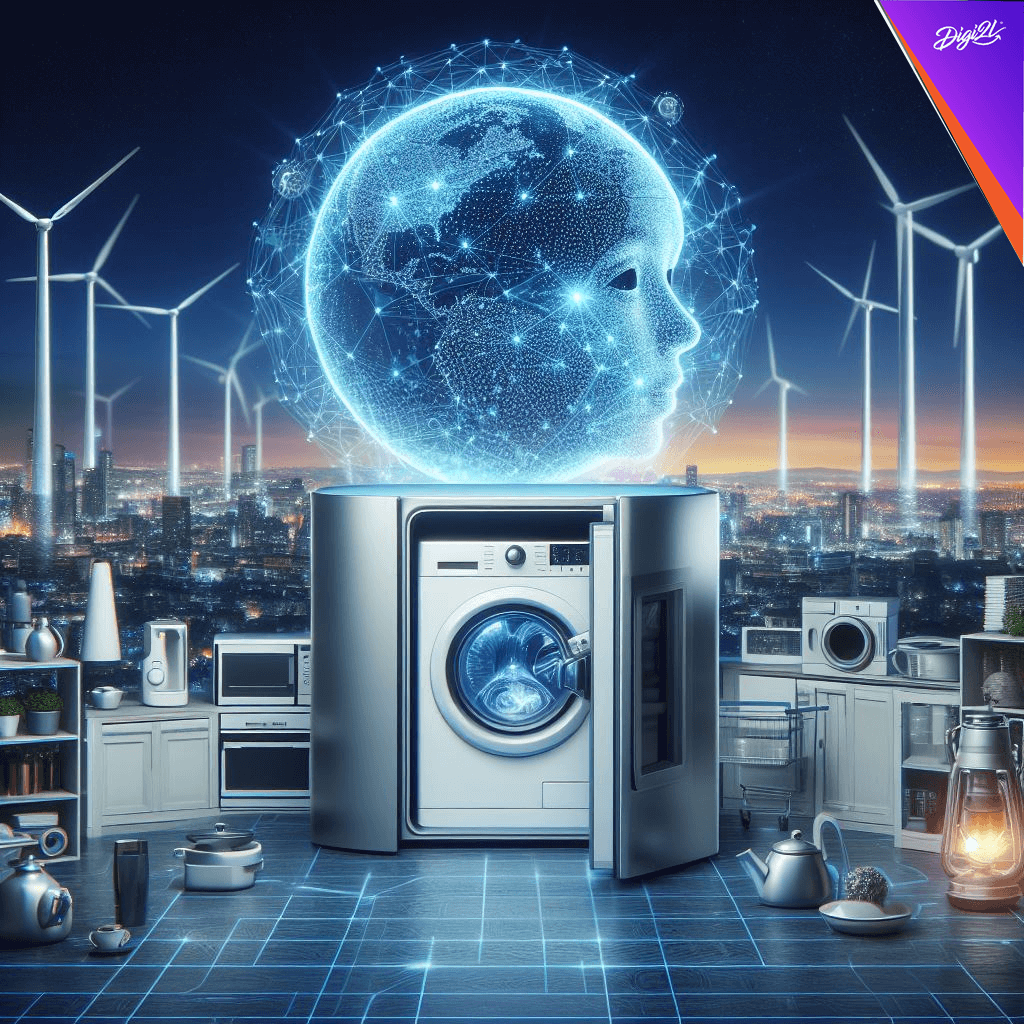
Please Wait ...

Please Wait ...
Enquiry






Curently We are Not Serviceable In this Pincode
91 Springboard, Business Hub, Godrej & Boyce, Gate No. 2, LBS Marg, Vikhroli West, Mumbai, 400079
91 Springboard, Business Hub, Godrej & Boyce, Gate No. 2, LBS Marg, Vikhroli West, Mumbai, 400079
91 Springboard, Business Hub, Godrej & Boyce, Gate No. 2, LBS Marg, Vikhroli West, Mumbai, 400079
91 Springboard, Business Hub, Godrej & Boyce, Gate No. 2, LBS Marg, Vikhroli West, Mumbai, 400079
91 Springboard, Business Hub, Godrej & Boyce, Gate No. 2, LBS Marg, Vikhroli West, Mumbai, 400079
91 Springboard, Business Hub, Godrej & Boyce, Gate No. 2, LBS Marg, Vikhroli West, Mumbai, 400079
91 Springboard, Business Hub, Godrej & Boyce, Gate No. 2, LBS Marg, Vikhroli West, Mumbai, 400079
91 Springboard, Business Hub, Godrej & Boyce, Gate No. 2, LBS Marg, Vikhroli West, Mumbai, 400079
91 Springboard, Business Hub, Godrej & Boyce, Gate No. 2, LBS Marg, Vikhroli West, Mumbai, 400079
Min
Max
₹5,000
₹45,000
Suggested Price







Blogs> The future of home appliances in the world of AI and technology and it’s impact on environment

The integration of AI and technology into home appliances presents a promising opportunity to revolutionize sustainability efforts and societal development. By harnessing AI algorithms, appliances can optimize energy consumption, conserve resources, and minimize waste, contributing to a greener future. These smart appliances can adapt to real-time data and user behavior, ensuring efficient operation while reducing environmental impact. Moreover, the use of eco-friendly materials and design principles in manufacturing aligns with sustainability goals, further enhancing the environmental benefits of AI-powered appliances. Integration with smart grid systems enables appliances to optimize energy usage based on renewable energy availability, reducing strain on the electrical grid and promoting sustainable energy practices. Additionally, the economic impact of refurbishing and reselling used appliances to lower-income communities is significant. Access to affordable appliances improves living standards, promotes health and hygiene, and empowers individuals and families economically. By reducing economic inequality and fostering social inclusion, this approach contributes to poverty alleviation and community development. Furthermore, redistributing refurbished appliances not only extends their lifespan but also reduces the demand for new appliances, minimizing electronic waste and environmental pollution associated with manufacturing and disposal. This circular economy approach promotes resource conservation and environmental sustainability while addressing the needs of marginalized populations. In summary, the convergence of AI-driven innovation in home appliances and the strategic redistribution of refurbished appliances to underserved communities holds immense potential for creating a more equitable, sustainable, and prosperous society. It represents a holistic approach to addressing environmental challenges, promoting economic empowerment, and fostering inclusive development for the benefit of present and future generations.
The future of home appliances in the world of AI and technology holds significant potential to positively impact the environment in several ways. Now let us understand them :
Overall, the integration of AI and technology into home appliances has the potential to revolutionize the way we use and interact with these devices, leading to greater efficiency, sustainability, and environmental responsibility. By harnessing the power of AI, home appliances can play a significant role in mitigating environmental challenges and creating a more sustainable future. Hence, the future is bright! Now if these premium appliances are refurbished and then recycled to the homes of the people of lower socio–economic strata, who have less affordability for new first hand appliances,
the economic impact will be significant and contribute to the overall development of the society. Let us have a look at the positivity in the results :
Overall, the economic impact of reselling home appliances to weaker economic sections of society is positive, as it contributes to poverty alleviation, economic empowerment, environmental sustainability, and social inclusion. It represents a practical and sustainable approach to addressing the needs of vulnerable populations while promoting economic development and resource conservation.

By Digi2L - April 27, 2024

By Digi2L - April 26, 2024

By Digi2L - April 25, 2024